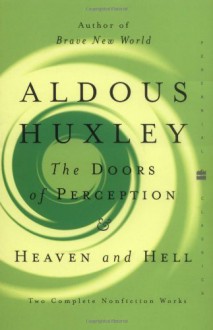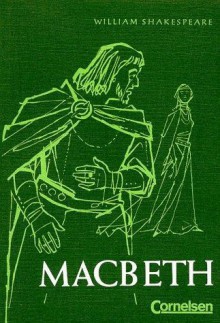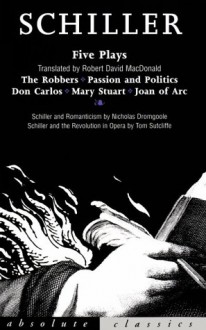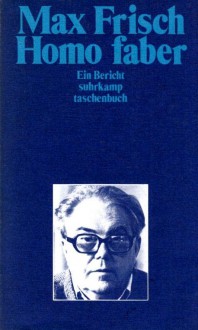
I am only giving it two stars because this book is for some reason considered a great classic, but I really didn’t like it.
After overcoming the initial shock of Huxley’s brave new capitalist eugenics utopia, I kept asking myself through most of the book what Huxley was high on and reminding myself that he was into experimenting with hallucinogens at the time and thus he might have actually been high on something.
While I have so far liked what I have read of contemporary dystopia, I have found the ‘old’, classic dystopia, such as
Brave New World or, also recently read,
Animal Farm much less likeable. On the other hand, I tremendously enjoyed Verne’s
Paris in the Twentieth Century. So perhaps the fault is in these specific books.
It is strange how all these authors of the past viewed the future, which has in the meantime become our present in some cases, as a world of complete ‘moral’ disintegration of society that is entirely submitted to the ‘values’ of capitalism, consumerism, and (to an extent) technological advancement, rejecting emotion, art, and personal freedom.
And yet, I don’t see – or foresee – these bleak visions coming true. Granted, the 17th century after Ford of the
Brave New World is still quite a bit ahead. Nevertheless, I think we can safely hope – as we see the very elements (or similar ones) of the scientific progress mentioned in these stories having already become our reality without most of the ‘predicted’ accompanying societal degradation – humanity will never come that far, or better said, fall that low. Maybe it is because, as a self-identified pessimistic idealist, I think individual people can be horrible (as well as others can be amazing), but I have faith in humanity as a whole.
But I digress.
To return to
Brave New World, this strangely hopeless (and implausible) vision of the distant future (despite its utter ‘stability’ and overall ‘happiness’ of its inhabitants) was not even the major reason for my dislike of this book.
My biggest complaint is that Huxley keeps picking up various characters’ stories and not finishing them, save one, and what we see of them just seems under-developed, going against all the most important rules of writing a good story – at least by modern standards. I daresay that if any contemporary author pitched this story, it wouldn’t get published without some major additional work.
For example, when we first meet Bernard and Lenina, they both act ‘queer’ for the ‘civilised’ society of the book’s universe, seeking solitude, lacking lovers, or being too attached to a single one – and nothing comes out of it, apart from their trip to the reservation.
We can only guess that Lenina finds the experience so terrible that she decides to fully immerse herself in what is considered proper behaviour in the ‘civilisation’– but that is just a guess, as her change of heart is abrupt, never explained, and her past ‘queerness’ is never mentioned again. (Shouldn’t she be able to at least somewhat understand or compare her, albeit past, fleeting feelings, to Bernard’s or even John’s?)
Bernard and Helmholtz, who remain ‘queer’ and dissatisfied with the ‘civilisation’, get sent to an island for that reason – and we learn that that is actually more a reward than a punishment because islands are where people can be more individual than within the rest of the society – but that is the end of their story. Whereas, I would be very much interested in how they fare afterwards and whether they can realise their selves better there, outside of the ‘civilisation’.
And finally, there is John, the ‘Savage’. I’ll just mention the two things that irked me the most, besides the blatant racism typical of Huxley’s time.
Firstly, John forgetting about Linda when she dies. Sure, he remembers her. What I mean is: this is a man who was raised on a reservation, who is used to the human customs as we know them (mostly), who must have surely been used to something akin mourning and funerals, and he just walks out of the hospital? He doesn’t even suggest a funeral? I assume he has been told what happens to the dead, but he just accepts it? This goes completely against his character.
And secondly, how he ends up: yes, sure, in line with Huxley’s racist, capitalist, eugenics beliefs, whoever cannot adapt to his brave new world can only be driven to death by both their internal and external demons. What a pile of equine excrement.
To top it all, the writing itself, sometimes verging on stream of consciousness, is not anything to laud, either.
Hence, in conclusion, for all that
Brave New World may be a classic – and it certainly has an intriguing concept that could provoke much thought, but lacks in execution and development – it just did not work for me.


 Log in with Facebook
Log in with Facebook 

















